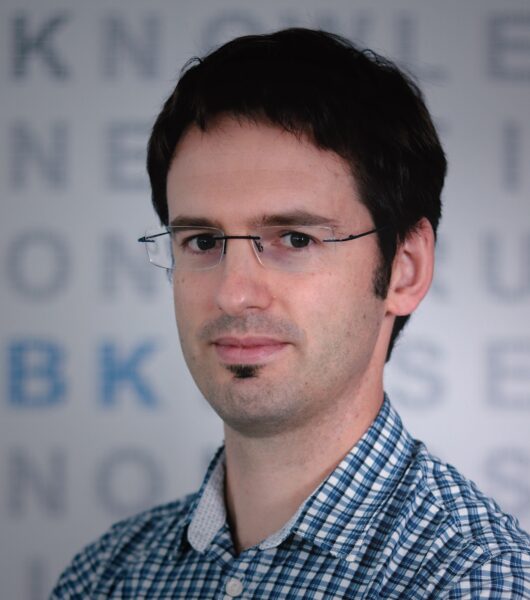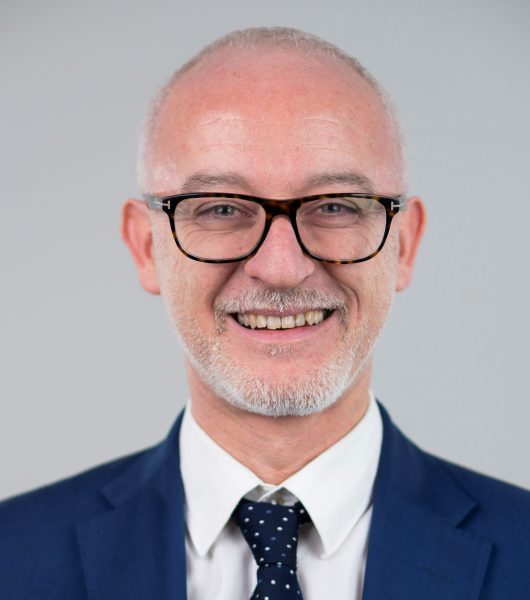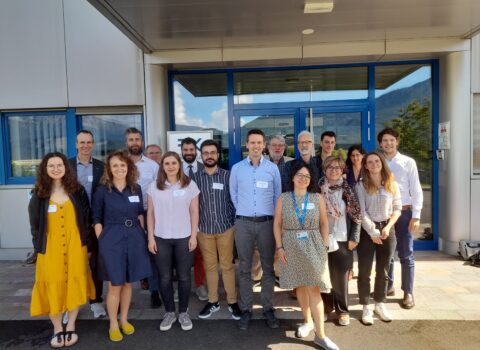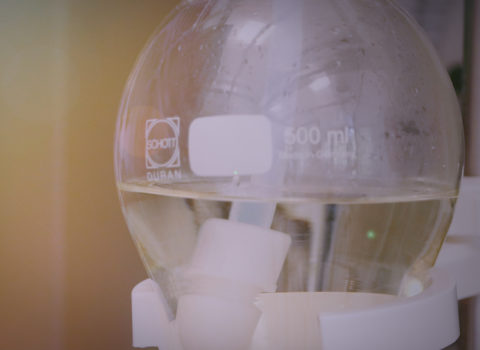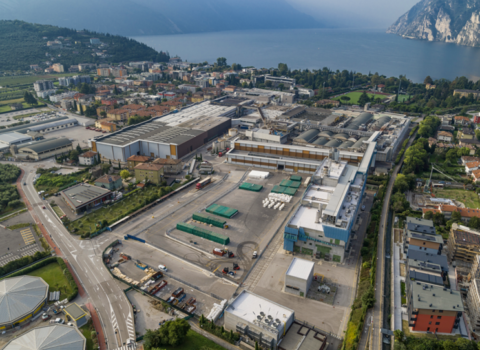
CELINE, the European project to develop innovative digital services in energy communities, has kicked off
The European project CELINE (Cross-sectorial integrated digital services Enabling energy Localized InnovatioN and community Empowerment), coordinated by Spindox Labs, was officially launched on December 5, 2024.
The three-year project has received funding for 4 million euros from the Horizon Europe program and can count on a consortium of 15 partners from 6 European countries: Italy, Spain, Finland, France, Austria, and Belgium.
The main objective is to foster the adoption of community-based and digitization-oriented innovations in energy,” Diego Viesi, FBK researcher, explained. “Indeed, end-user-centered energy initiatives and practices that rely on innovative digital technologies and services will be supported to address the energy needs and local circumstances of specific geographic areas.”
The following have been identified as energy end users: communities and community groups (households, prosumers, society as a whole, including social groups at risk of exclusion, citizen associations, energy communities and energy cooperatives, energy living labs) and other energy actors (energy suppliers, local public authorities). In particular, CELINE will focus on energy communities, i.e. living labs and community groups that have expressed interest or that have already participated in citizen-led energy and digital transition processes and will involve two different energy communities (Green Land in Italy and Sapiens Energia in Spain) and an energy living lab (city of Lappeenranta in Finland) as demonstrators of the tools and services.
For Trentino, Green Land Società Cooperativa di Comunità (Alpe Cimbra) has been identified as a pilot site to develop innovative digital services during the project. Thanks to the presence of a renewable energy community (REC) in the process of growth and consolidation, Green Land will be able to be an example of how the sharing of data from different sectors (energy, production, tourism, mobility and climate) can create an ecosystem useful for the development of products and services aimed at efficiency in the use of resources, primarily energy.
“Creaed in 2023 at the urging of the municipality of Lavarone, the Green Land Community Cooperative aims to transform the Alpe Cimbra (territory that includes the Municipalities of Folgaria, Lavarone, Luserna and Vigolana) into a lively center for the renewable energy adoption center. The cooperative has nearly 200 members, including local authorities, consumer cooperatives, local banks, ski lift companies and private citizens, and involves a total population of about 10,000. Green Land’s mission is twofold and embraces both the energy and social fields,” Christian Caneppele, Green Land president said.
On the energy side, the Renewable Energy Community (REC) aims to develop community investments, including establishing conventions to support private investment in renewable energy. Incentives generated by the REC will be reinvested in social projects within the community, giving further pushing the economic and social innovation projects promoted by the Community Cooperative: proximity medicine, sustainable tourism, initiatives for childhood, youth, senior citizens and active aging, collaborative living, local welfare, work-life balance, training and outreach.
“With Fondazione Bruno Kessler (FBK)”, said Luigi Crema, Director of the Center for Sustainable Energy “we are engaged through the Center for Sustainable Energy in innovation projects and initiatives for the Province of Trento. With the CELINE project, we will support Green Land in the implementation and adoption of services developed for the Renewable Energy Community (REC). This initiative will be a key element in the decarbonization process of the entire Alpe Cimbra area, in which it will also be important to broaden the participation of citizens and other local players as much as possible.” Along with FBK and Green Land, the companies EPQ and Spindox Lab will also support the demonstration site in Trentino as project partners. In addition, FBK will collaborate with all three pilot sites with the goal of building an ecosystem of diverse stakeholders, fostering local connections and cross-sectoral collaborations critical to the co-design, co-innovation and training activities preparatory to the piloting, testing and refinement phases of CELINE services. In shaping local ecosystems, special attention will be paid to ensuring an inclusive and equitable participatory environment, with a particular focus on the meaningful involvement of women, youth, seniors, and community groups with limited energy and digital literacy as well as those vulnerable to energy poverty.
“Overall,” commented Matteo Varesco, FBK researcher ”CELINE will work toward the process of digitization of the energy system that is already underway, for example through smart technologies in electric vehicles, photovoltaic systems and heat pumps, which generate huge amounts of data and facilitate remote control. The project will capitalize on the benefits brought by the digitization of the energy system by enabling the interconnection of all system components, giving end consumers direct access to the market, facilitating seamless integration of renewable energy, and supporting flexible power systems with demand-side management and energy storage solutions.”
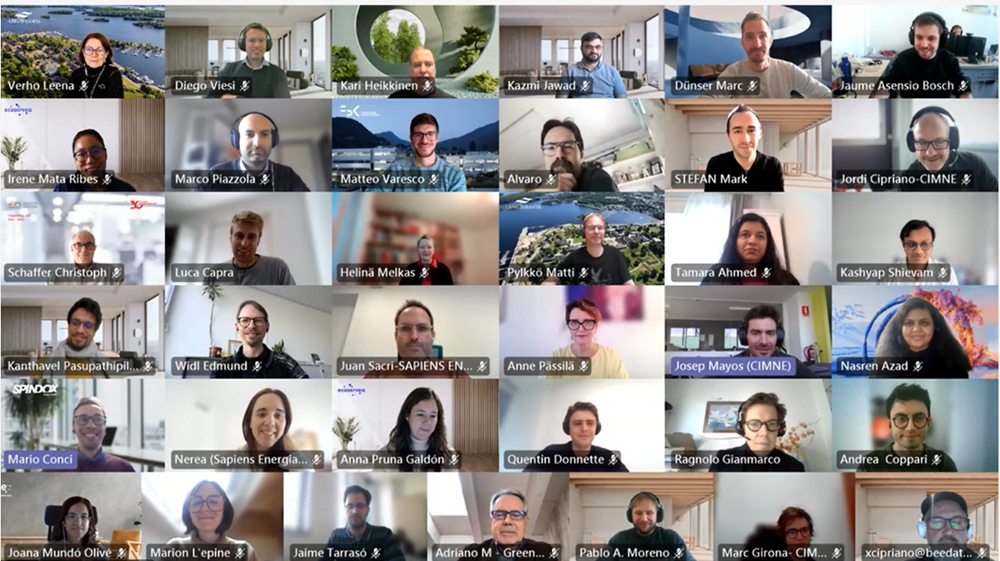
CELINE project, group photo

